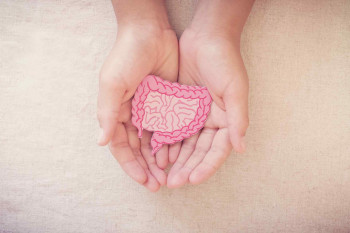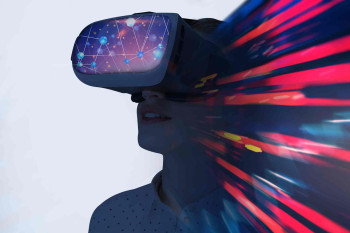When Reality Feels Like a Dream: Exploring Déjà vu
What is Déjà vu?
Déjà vu is a French term that translates to "already seen." It refers to the feeling of familiarity or recognition that one gets when they encounter something new.
The sensation can be described as feeling as though you've been somewhere before, met someone before, or even experienced a particular situation before.
Déjà vu can be accompanied by a sense of confusion or disorientation, as the brain tries to reconcile the feeling of familiarity with the fact that the situation is actually new.
Up to 70% of people have reported having a déjà vu experience. People of all ages and backgrounds can experience it, and a variety of stimuli, such as a familiar smell, a specific sound, or even the déjà vu feeling itself, can cause it to occur.
What Causes Déjà vu?
There are a number of hypotheses that attempt to explain déjà vu, but nobody knows for sure what causes it. Some of the most popular hypotheses are as follows:
- Glitch in the memory processing system: According to this theory, the brain may mistakenly categorize new information as old information, leading to a feeling of familiarity when encountering something new.
- Delay in sensory processing: This theory suggests that the brain receives information from the senses slightly out of sync, leading to a feeling of familiarity when the brain finally catches up and recognizes the information as new.
- Dual processing: This theory suggests that the brain processes incoming information through both conscious and unconscious pathways. When the two pathways converge, it can create a feeling of familiarity or recognition.
- Memory retrieval: According to this theory, déjà vu occurs when the brain retrieves a memory that is similar to the current experience but cannot consciously recall the memory.
While these theories may help to explain why déjà vu occurs, none of them have been definitively proven.
When Déjà vu is Dangerous?
Déjà vu is usually a harmless and even pleasant experience. However, there are some situations where it can be dangerous. For example, if you experience déjà vu while driving, you may feel as though you've driven this road before and become less vigilant, leading to a higher risk of accidents.
Similarly, if you're operating heavy machinery, déjà vu can interfere with your focus and attention, leading to potential accidents.
In some cases, déjà vu can also be a symptom of an underlying medical condition. For example, people with epilepsy may experience déjà vu as a part of their seizure activity.
In rare cases, déjà vu can be a sign of a more serious neurological condition, such as a brain tumor or stroke.
It's crucial to seek medical attention if you experience frequent or severe déjà vu, especially if it comes with other symptoms like headaches or confusion.
Conclusion
Déjà vu is a common experience that most people have encountered at some point in their lives. Although the exact cause of déjà vu is still not fully understood, several theories attempt to explain why it happens.
While déjà vu is usually harmless, it can be dangerous in certain situations and can also be a symptom of an underlying medical condition. If you're concerned about your déjà vu experiences, speak with a medical professional to rule out any underlying medical issues.
10 FAQs about Déjà vu:
What is Déjà vu?
Déjà vu is a feeling of familiarity or recognition when encountering something new, as if the person has experienced it before.
How common is Déjà vu?
Déjà vu is a common experience that has been reported by up to 70% of people.
What causes Déjà vu?
The exact cause of Déjà vu is still not fully understood, but theories suggest it could be due to a glitch in the memory processing system, a delay in sensory processing, dual processing, or memory retrieval.
Is Déjà vu a sign of a medical condition?
In some cases, Déjà vu can be a symptom of an underlying medical condition, such as epilepsy or a brain tumor.
Can Déjà vu be dangerous?
Déjà vu is usually harmless, but it can be dangerous in situations where it interferes with focus or attention, such as while driving or operating heavy machinery.
Can Déjà vu be induced?
Yes, Déjà vu can be induced in some people through electrical stimulation of the brain.
Does Déjà vu occur more frequently in certain groups of people?
Déjà vu can occur in people of all ages and backgrounds and is not more common in any particular group.
Can Déjà vu be treated?
There is no specific treatment for Déjà vu, but if it's caused by an underlying medical condition, treating the condition may help reduce the frequency of Déjà vu experiences.
Are there different types of Déjà vu?
Yes, there are several types of Déjà vu, including Déjà vécu (already lived), Déjà senti (already felt), and Déjà visité (already visited).
Can Déjà vu be prevented?
Since the exact cause of Déjà vu is not fully understood, it cannot be prevented. However, avoiding situations where Déjà vu can be dangerous, such as driving while experiencing it, can reduce the risk of accidents.

























